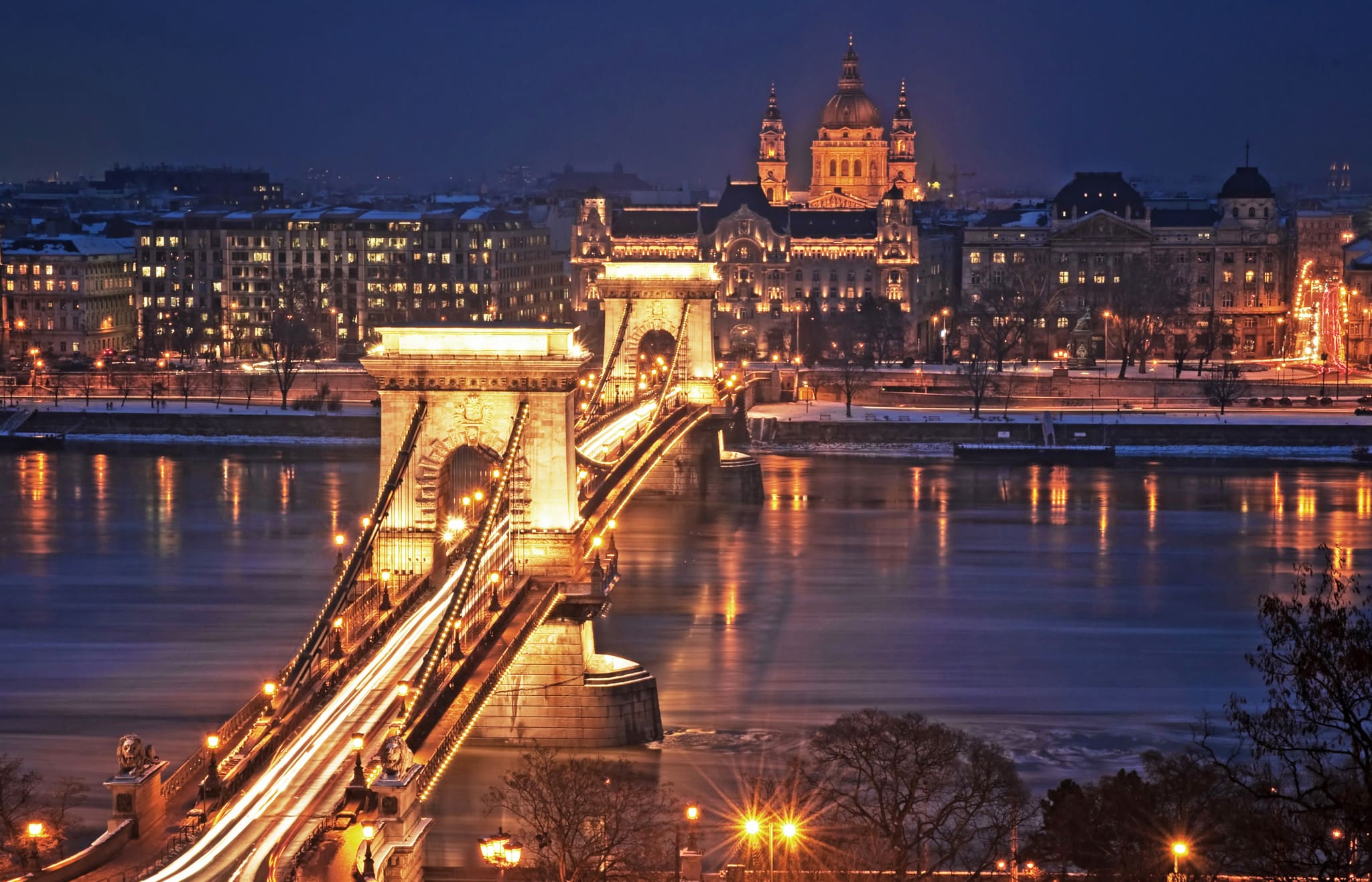Europeans’ confidence in their energy supply has been declining for years, and this trend has accelerated significantly in the wake of the energy crisis. While in 2016, nearly two out of three EU citizens did not fear blackouts, in 2021, half of the population said they were confident of uninterrupted supplies, and by 2022, only a quarter.
However, this fear is not evenly distributed across the EU, and in Hungary, citizens have the least fear of power cuts. It is, in fact, the only country in the EU where the majority of people are confident about their electricity supply, a survey by Hungarian think tank Századvég showed.
Research conducted before the energy crisis clearly showed that Europeans were becoming less confident about energy supplies even before the current crisis: While 64 percent of respondents said they were not worried about blackouts in 2016, this figure fell to 48 percent in 2021, while the proportion of Europeans who were very worried about the problem rose from 11 to 17 percent. The worsening trend is mainly explained by the fact that, following policy efforts by Brussels, a large part of the EU member states have cut their traditional energy production and conversion capacity, as well as long-term supply contracts, making Europe’s energy system more unpredictable.
[pp id=49846]
In the wake of the Ukraine war, the deteriorating trend has accelerated, with the proportion of respondents who are very concerned about blackouts rising from 17 to 32 percent in just one year, and the proportion who are confident of uninterrupted supplies falling from 48 to 26 percent.
There are significant differences between EU member states regarding the fear of power cuts, with Poles (17 percent), Greeks (18 percent), and Italians (21 percent) the least confident about uninterrupted supplies.
There are two main factors regarding the different views on energy security between member states.
Firstly, the growing trade conflict between Europe and Russia has affected energy supply in different ways in different countries. Poland, for example, imposed its own sanctions, in addition to common European punitive measures, which led to a significant drop in Russian energy supplies early in the war. On the other hand, due to the different tariff regulations in the member states, the increase in energy prices across the EU as a whole is a burden of varying magnitude in each country.
[pp id=58327]
The only EU country where those who are confident about energy security are in the majority is Hungary. In addition, the proportion of people who are very worried about power cuts is the lowest in Hungary, standing at 15 percent. The favorable result in a European comparison is due to Hungary’s exemption from EU sanctions against Russia, which would have threatened its energy supply.
On the other hand, the Hungarian government’s program to cut energy prices prevents the drastic increase in market prices from being passed on to households, which means that Hungarians are less affected by the negative existential impact of the price hikes.






